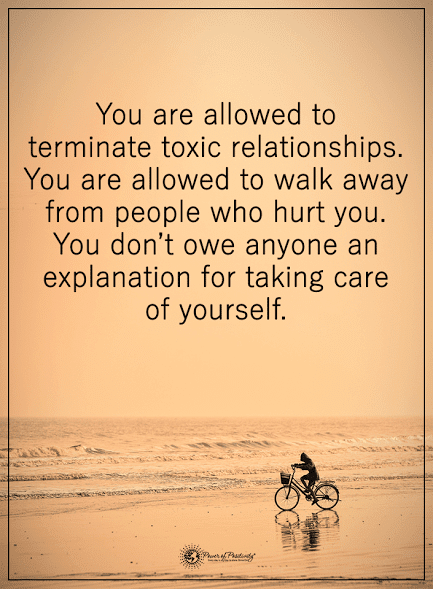Do you suspect you are dealing with a liar – but you are unsure if they’re lying or not?
“I think 80 percent of the population are really great, caring people who will help out and tell you the truth … and I think 20 percent of the population are crooks and liars. It’s just a fact.” ~ Tom Hanks
Okay, so all of us, at some point, have told a lie or two. Even the “Honest Abes and Annes” amongst us have said a little white lie, right?
But you are not a liar, not really. Not when we consider that some people continue to spew lies throughout an entire lifetime. These are the folks slapped with the “LIAR!” label – deservedly so.
Consider this: in a study conducted at the University of Massachusetts, some people tell as many as three lies every 10 minutes. How a person manages to do this is beyond us. These folks are liars of the pathological variety.
We approach this topic from an even-keeled perspective only out of respect for the liar’s humanity. Make no mistake about it: liars can be infuriating to deal with. Not to mention, deceivers can extract every thread of our energy and patience if we’re not careful.
So we did some research and came up with nine ways to effectively confront liars without losing your mind. Here they are:
1. Confirm the Person is Actually Lying
If you think you’ve been lied to, it is easy to get worked up and abandon logic for emotions. But if you think you’re upset now, how would you feel about yourself accusing someone of something they didn’t do?
Research shows that the best way to find out is to pay attention to a person’s baseline habits – how they conduct themselves when they’re not lying – and comparing them to their present behavior. For example, it may be time for a talk if they appear anxious, avoidant, or uneasy.
2. Check Your Facts Before You Confront a Liar
Put on your investigator cap and uncover and document all of the pertinent facts (Who, What, When, Where, Why). Facts are crucial when confronting a liar; if you don’t possess objective, hard information, don’t confront them. (They’ll slither their way out of it.) If you’re diligent about collecting the necessary facts, you can confront the liar with confidence.
At this stage, you know with near-to-absolute certainty that the person lied.
3. Determine the Course of Action
After you’re reasonably sure someone is fibbing, it’s time to consider your approach. Only you know the context of the situation and the severity of the lie; so it’s up to you to determine how you’ll handle it. Is this a first offense or is it a pattern of behavior? What effects did the lie have? Was this a personal or professional incident? All of these factors must be taken into consideration.
4. Call the Liar Out (If Necessary)
This step can be difficult for some of us, especially conflict-avoidant ones. To overcome this hesitation, it may be necessary to remind yourself what is personally at stake (reputation is big.) If your character is being questioned, especially in a workplace environment, you need to call their B.S.
5. Maintain Your Integrity When Ready to Confront a Liar
As you may know, dealing with a chronic fabricator is often a maddening experience. But you haven’t come this far only to stoop to their level. Always be above personal reproach. Before confronting the liar, remind yourself who you truly are. Rigorously adhere to your principles, and you will maintain your integrity.
6. Keep Things Civil
Once you are in the appropriate environment, calmly state, “Something is on my mind, and I wanted to discuss it with you.” Afterward, present your case. “Here’s what I heard” or “Here’s what I know” are possible openers.
Maintain a calm, composed tone at all times. There is no need to escalate things unless necessary.
7. Watch Their Reaction as You Discuss the Lying
Once confronted with hard evidence, liars will do one of three things: deny, admit, or defend. Admitting what they did is the only acceptable solution in all likelihood. Provided that you gathered the facts, maintained your composure, and kept things civil, there is no excuse for the person to act defensive, deny their actions or play dumb.
Provided the person doesn’t get out of hand, you can end the conversation after the next step.
8. Send a Strong Message
Make no mistake about it: you are a victim of someone else’s lying or manipulation. Quashing someone’s propensity to lie about you requires a firm (yet calmly stated) message. Take a few moments after your case is presented to express that you do not appreciate lying from others, expect the person to be open and honest, and will always do the same.
9. Reflect Internally
After someone lies to you – especially if it’s someone you trust – a period of reflection may be necessary. The truth of the matter is that most people are honest – for better or for worse.

Final Thoughts on Dealing With a Liar
Take heart in the honesty of most people. Regarding the offending individual, reevaluate the relationship, if necessary, but forgive them, if only for your own peace of mind.
But remember this: You are good, honest, and strong. Your character will never fail to rise above the situation, provided you keep heart!










